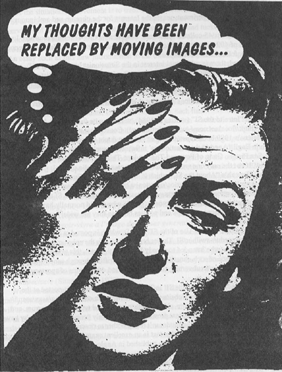
I've read the Harry Potter Series. The seven novel chronicle by British author J.K. Rowling is a pop cultural sensation. The narrative follows young Harry Potter, chosen through a series of accidents (and the courageous love his parents) to defeat the most vile of wizards, Lord Voldemort. Our hero/protagonist ages throughout the books and chronicles his enrollment in Hogwarts, a magical school where young wizards and witches learn to hone their abilities. With each passing year Potter uncovers more of the mystery of whom he is, why he was not killed when Voldemort sought to strike him down, and why he must strike down his nemesis. En route to his role as savior to the magical kingdom he is joined by Ron and Hermonine. Whilst Potter close allies, the figure of Dumbledore is more important. It is revealed in the latter books that Dumbledore has been staging the events of Potter's life to conclude with a deadly duel between the two opposing forces. Basically he set Potter up.

Potter's naive belief in Dumbledore, a man whom he barely knows, is ridiculous. Potter's trust in Dumbledore's plan is brought into question but ultimately shown to be true, another sad moral to tell children. Often children are told to trust in adults for tautological reasons, because they are adults, because they know better, because they have more experience... Yet adults like children make mistakes and should be as trusted with decisions as much as children. Adults are just as rash, nonsensical, and absurd as children. The only difference is that adults have more experience in rationalizing their decisions and covering their mistakes.
The series is additionally disappointing in its lack of violence. For an exceptionally evil wizard Voldemort doesn't murder many. He hardly engages in genocide. There are of course more "evil" things than homocide but Voldemort shys away from them. Evidently he's never read the Marquis De Sade nor Lautremont. Voldemort is hell bent on killing Potter (yawn... if I was the most powerful evil wizard ever I would be doing drugs, fucking, and eating babies) and attempting to sustain his immortality but really what good is living forever without sex, drugs, and baby eating?
While reading the series my pictures of Potter and his crew were always formed by the actors in the movies. Having seen the movies before engaging the novels, the actors were scripted into my imagination. When Snape spoke I imagined Alan Rickman speaking and not some character of my own creation. The same was true for Potter (daniel radcliffe), hermonine (emma watson) and Ron(Rubert Grint). Jerry Mander speaks of this phenomenon in his excellent book "4 arguments against television." Mander not only makes social arguments for the destruction of television but also biological ones. Evidently it is a common occurence for people to replace imagination with things that they see on screen.

Overall the novels are enjoyable to read. They are quick page turners that don't have much depth to them. Perhaps they will encourage people to read more... probably they will just encourage people to go see more movies.

No comments:
Post a Comment